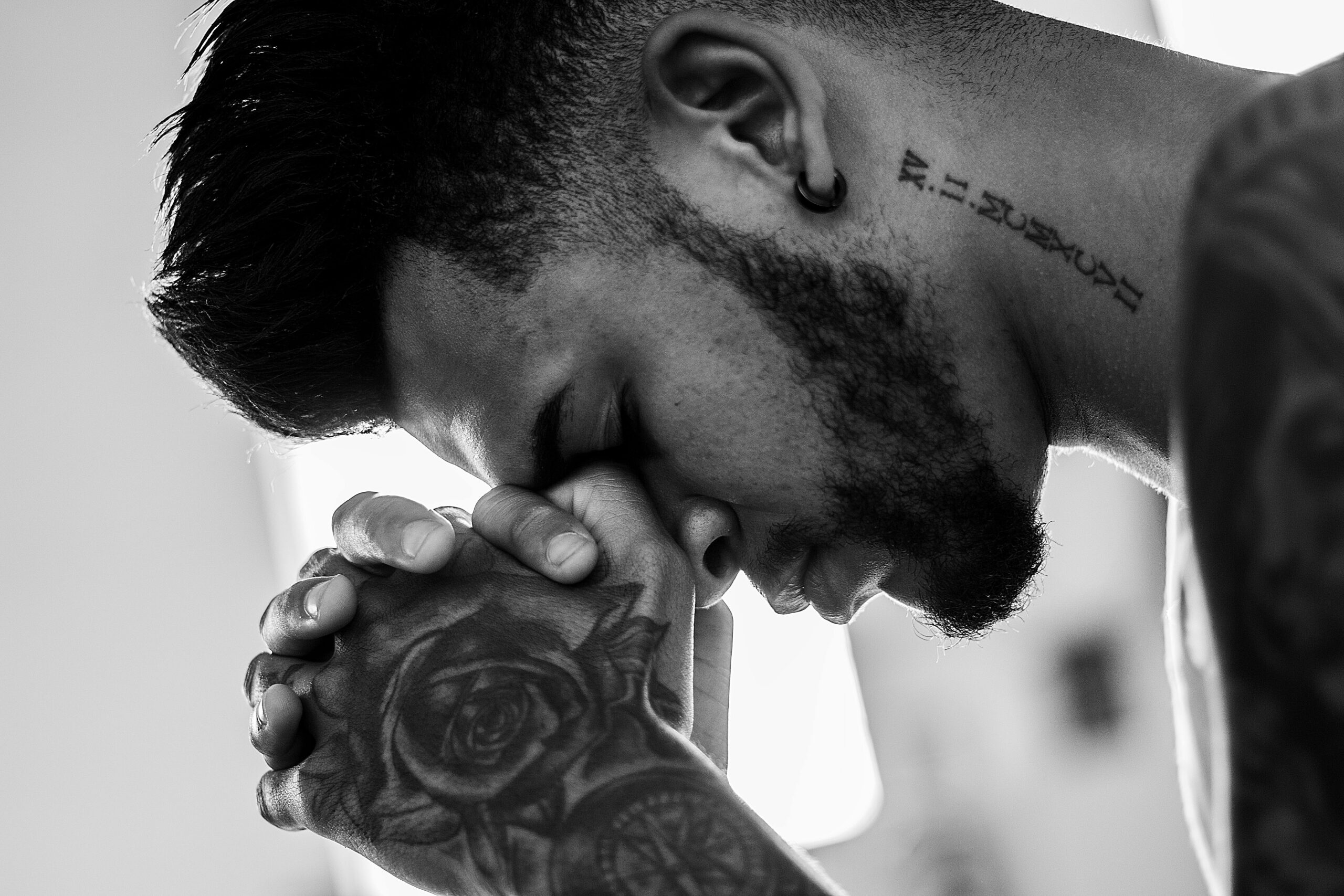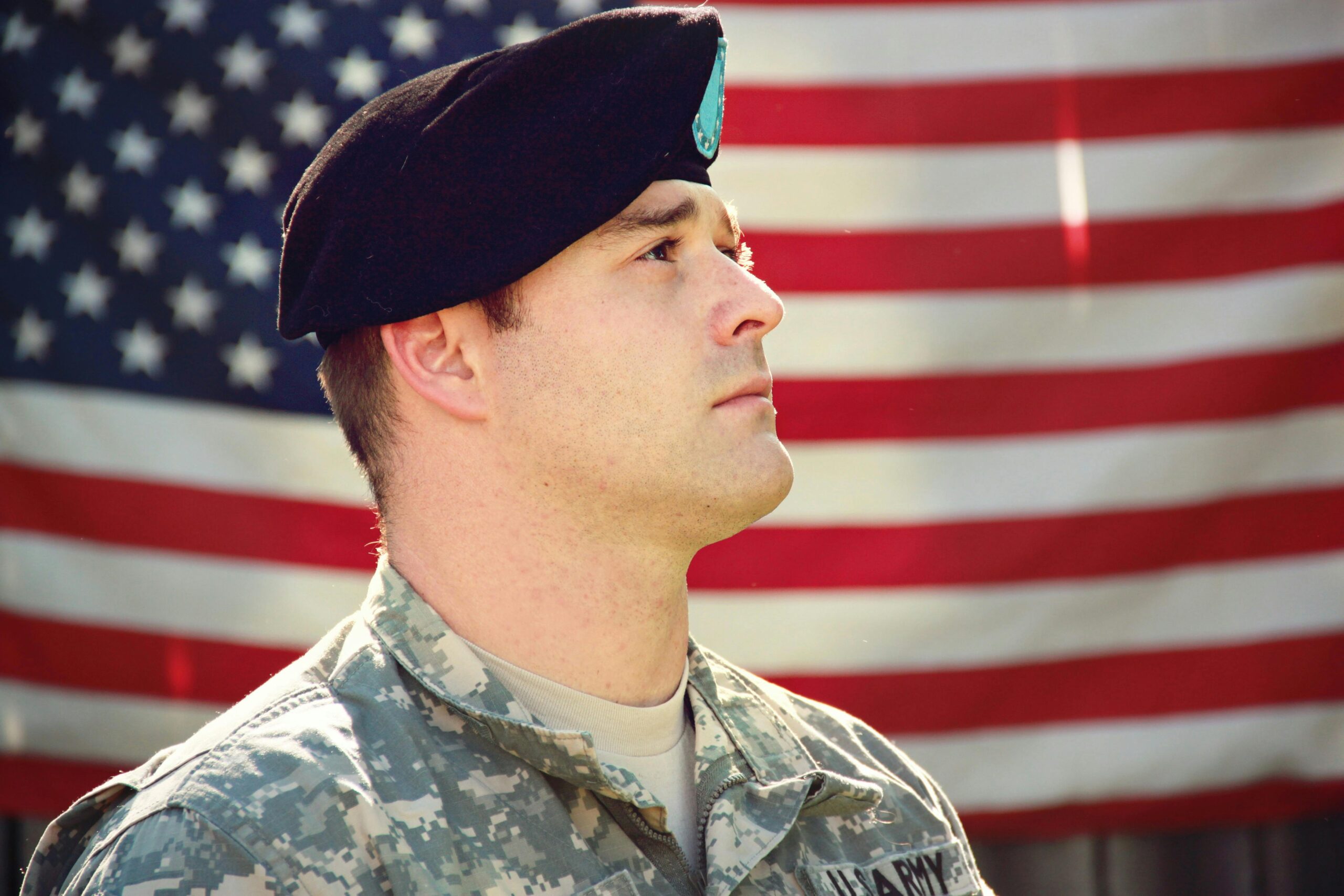What Is Military Sexual Trauma (MST)?
Military Sexual Trauma (MST) means someone was hurt in a sexual way while in the military. This could be harassment, abuse, or violence. MST can happen to anyone — men, women, LGBTQ+ service members — during active duty, training, or even while off base.
The United States Department of Veterans Affairs (VA) says MST includes things like unwanted touching, pressure for sex, or sexual assault. Many people who go through MST develop Post-Traumatic Stress Disorder (PTSD), which causes stress, fear, and flashbacks.

Who Is Affected by MST?
MST affects many service members and veterans. The prevalence of MST is higher than some may think:
Both male and female veterans can be victims.
Members of the National Guard, active duty, and military veterans have reported MST.
LGBTQ+ individuals may face more risk due to homosexuality-related harassment or institutional betrayal.
PTSD After MST: What It Feels Like
PTSD is a mental health condition that can start after someone experiences a scary or harmful event. With MST, PTSD often brings strong feelings, such as:
Flashbacks and Panic
Feeling like the abuse is happening again
Sudden panic or fear
Sweating or heart racing
Anger and Irritation
Getting mad easily
Feeling upset with others or with yourself
Having trouble in intimate relationships
Sadness and Depression
Feeling hopeless or heavy
Losing interest in activities of daily living
Thinking about hurting yourself (suicidal ideation)
Coping in Unhealthy Ways
Using alcohol or drugs to numb feelings
Getting into trouble with substance abuse
Overeating or not eating enough, leading to weight issues
Trouble with Thinking and Behavior
Trouble sleeping or focusing (attention problems)
Avoiding people or places that bring up bad memories
Dissociation or feeling numb or far away

Getting Help for MST and PTSD
Therapy and Counseling
Talking to a health care provider or mental health counselor helps. Therapies like Cognitive Behavioral Therapy (CBT), group support, or peer support help you understand your thoughts and behavior. It teaches better ways to cope with pain, anger, and sadness.
Medication
Some people need medication to help with anxiety, depression, or sleep. A physician at a VA clinic can help choose what’s best.
VA Services
The Veterans Health Administration and the Veterans Benefits Administration offer care for MST-related PTSD. You don’t need to have a disability rating or show a medical record of the trauma. Veterans and disabled American veterans (DAV) can access free treatment.
Self-Care Tips for Healing
Breathing and Relaxation
Practice deep breathing, meditation, or relaxation exercises. This helps the mind and brain calm down.
Exercise and Activities
Moving your body helps with stress, weight, and happiness. Try walking, yoga, or swimming. These boost your mood and improve your quality of life.
Connection and Support
Spend time with safe friends and family
Use a caregiver or emotional support animal if needed
Join a veterans or community support group
Challenges Veterans Face After MST
Homelessness and Unemployment
Some veterans struggle with employment or homelessness due to PTSD. They might lose jobs or have trouble finding safe housing.
Trouble with Law and Claims
Many face lawsuits, problems with claims, or VA rating decisions. Some feel the law didn’t protect them.
Domestic Violence and Relationships
MST can cause problems in marriage or with partners. Some may face domestic violence or difficulty trusting others.
Other Mental Health Issues
Veterans may also experience:
Schizophrenia
Anxiety
Thoughts of suicidal ideation
Where to Get Help
Veterans Crisis Line
Call 988 and press 1, or text 838255. It’s free, private, and available 24/7.
Mobile Apps and Online Tools
The VA offers apps for coping, mindfulness, and tracking mood or medication.
VA and DAV Support
The DAV helps file MST-related claims and provides patient support. The VA can connect you with a clinic, exam, or health information center.
Hope and Healing After MST
Healing is possible. With time, therapy, and support, many people start to feel better. They may still have bad days, but they can also feel optimism, compassion, and joy again.
Research shows that when people get the right help, they have a better chance of improving their lifestyle and health care outcomes. You are not alone, and help is here.

FAQs About Military Sexual Trauma PTSD
What is the difference between MST and PTSD?
MST is a type of trauma that happens during military service due to sexual abuse or harassment. PTSD is a condition that can result from MST, causing fear, flashbacks, or depression.
Can male veterans have MST-related PTSD?
Yes, male veterans can also experience MST and develop PTSD. Though it’s more often reported by women, men and LGBTQ+ service members are affected too.
Do I need to have proof of MST to get VA help?
No, the VA does not require proof or a disability rating to receive MST-related care. You can talk to a provider even if it’s not in your medical record.
What treatments work best for MST-related PTSD?
Therapy, medication, exercise, and peer support are some of the best tools. Many veterans also use breathing techniques and meditation to feel calm.
How can I help a loved one with MST-related PTSD?
Offer your attention, listen without judgment, and encourage them to get help. Support from caregivers, friends, and family improves healing and quality of life.
If you or someone you know is struggling with MST or PTSD, please reach out. You are strong, and there is help. The military may be part of your story, but it’s not the whole story. Healing is possible.
Let me know if you’d like this repurposed for a landing page, therapy service, or veteran outreach SEO campaign.
Visit SAMHSA or contact us today for more information.





